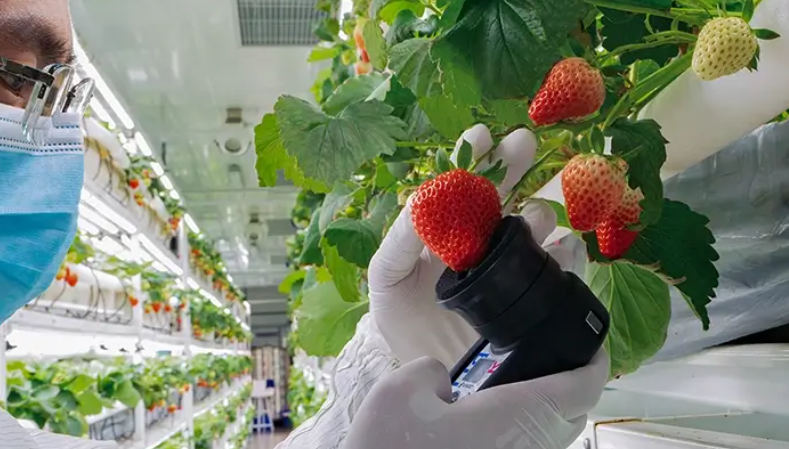Modern cities are increasingly exploring ways to produce food locally while reducing supply chain complexities. Farming solutions such as shipping container vertical farms have gained attention for their ability to grow crops efficiently within compact spaces. These innovative systems allow agriculture to move closer to urban populations, minimizing transportation costs and ensuring fresher produce for consumers. By integrating controlled lighting, nutrient management, and precise environmental controls, container-based farms provide a practical and scalable approach for experienced operators aiming to optimize yield in limited urban areas. In addition, these systems offer opportunities for year-round production, making them suitable for urban centers with variable climates.
Understanding Shipping Container Vertical Farms
A shipping container vertical farm transforms standard shipping containers into self-contained, highly controlled agricultural units. These units utilize vertical stacking to maximize space and incorporate advanced technologies like LED lighting, hydroponics, and automated climate control. By doing so, they create a stable environment for year-round crop production, independent of outdoor weather conditions. This approach is particularly useful in regions such as North America, Europe, and the Middle East, where urban expansion limits available farmland. Container farms also offer flexibility, allowing growers to deploy multiple units quickly and efficiently across different locations while maintaining uniform crop quality. Their modular nature enables operators to expand production gradually according to demand and available resources.
Optimizing Performance with Smart Technology
The success of container vertical farms depends on the seamless integration of automation and smart monitoring systems. Companies like 4D Bios provide comprehensive farming solutions that combine AI-driven environment management, nutrient optimization, and automated growth monitoring. These systems help experienced growers maintain consistent yields, reduce operational labor, and ensure standardized production of various crops. By adopting such technology, urban farms can scale effectively, enhance production efficiency, and meet market demands in countries that support innovative agricultural initiatives, including Singapore, Australia, and the Gulf region. Additionally, technology integration allows operators to collect detailed data for continuous improvement and predictive maintenance, further optimizing operations.
Conclusion
Shipping container vertical farms represent a strategic solution for sustainable urban agriculture. They enable cities to address food security concerns, reduce carbon footprints, and efficiently use available space. By implementing advanced farming solutions, operators can expand crop production while minimizing reliance on external resources. Companies like 4D Bios play a crucial role in this transition by offering integrated plant factory solutions that combine vertical farming techniques, precise lighting, and nutrient management. Their expertise supports large-scale production while catering to experienced clients who require reliable and scalable systems for modern urban agriculture initiatives. As urban populations continue to grow, these innovative farming models may become an essential component of future city planning and resilient food systems.
